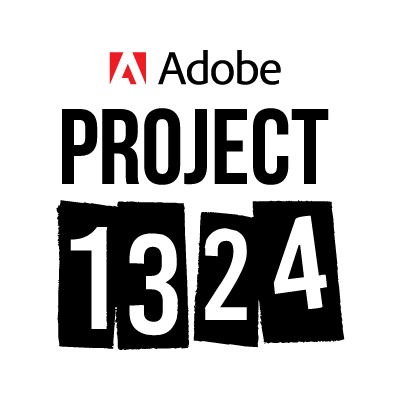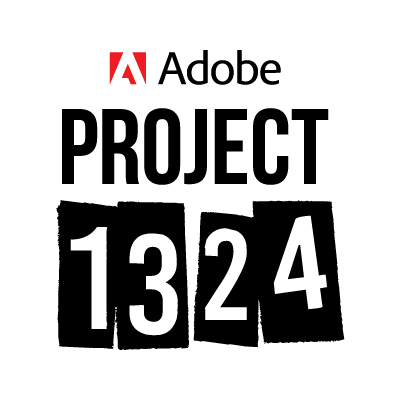Azzah Sultan Op-Ed: Art Creates Change Through Conversations

By:
Azzah Sultan is a mixed media artist whose art addresses Islamophobia.
As a kid, my Muslim identity was an aspect of my life that defined me, but never made me feel different from other people. But when I was ten years old and someone asked me “You’re not like one of those crazy terrorist Muslims, like Osama Bin Laden, right?” my innocence was shattered. I learned the harsh reality of how Muslims are seen through the lens of the media, society and politics.
Under the weight of Islamophobia, Muslims in America feel a sense of displacement; a sense of not belonging here. There is a constant reminder that we are not welcome, whether it be from the news media or speeches laced with hate, used by certain politicians.
I came to New York at the age of 16 to start my undergraduate education in fine arts. I was shy and soft spoken, but very determined to develop my artistic practice. From painting, embroidering and stitching to installation and video work, I began to use my art as a tool for activism. With my installations, I have crafted environments that illuminate the fear that Muslims face, in a space where people can see how these toxic and negative views of Islam affect Muslims in America. We feel unsafe, scared and unwelcome. I use art to let others understand the pain that we are feeling; that America is the land of the free, but it doesn’t always welcome everyone.
I traveled a lot while growing up. I am first and foremost Malaysian, but my identity is shaped by having lived in various different countries. I resided in Finland for four years and in the Middle East—Saudi Arabia and Bahrain—for six years. When I lived there, I did not even know about the negative views the West had of the region. Since I was with my family and in the comfort of my home, I didn’t have to worry about Islamophobia. I was in a safe space where I didn’t feel targeted. Coming to the United States, leaving my family and friends, and having to practice my faith in an unfamiliar environment made me feel somewhat alienated. I started to realize that my faith was the only thing that I could hold onto to feel secure. This is why I found it important to highlight aspects of my religion in my art, as the Islamic faith is what has molded me into what I am today.
According to FBI statistics, anti-Muslim hate crime incidents spiked in 2001, with 481 reported incidents, compared with 28 the previous year previously. In the intervening years, the rate of attacks dropped to between 100-200 per year but never returned to pre-9/11 levels. And in 2015, anti-Muslim hate crimes began to rise again, with a dramatic 67% increase from the year before. These are the struggles this generation faces when it comes to practicing their faith. Acts of worship like praying in public, reading the Quran, and dressing in religious garments can make someone an easy target for abuse, torment and discrimination.
When developing for my undergraduate thesis, I started analyzing what it means to be Muslim in America. How one’s faith, national identity, and ethnicity correlates with each other.
The first piece I made that showcased my Muslim identity was a self portrait of me in the position of making dua (an act of supplication). In this portrait, I am in in a purple hijab, with my hands in front of me, making dua. My eyes are closed; I am in deep concentration.
I was afraid of the feedback. Would people like it? Would they feel offended? What negative remarks would I hear?
There was a silence; then a debate. From all sides, I could hear: “this is important”, “but people might feel unsettled seeing this”, “people might see this and think of terrorists”, “it’s an issue we should talk about” and so forth. I thought, "if this one painting sparked this much controversy and conversation, what would happen if I kept on doing work like this?" From then on, I did. Despite not wanting to be the cliché of a Muslim girl who only makes work about Islamophobia, I feel that it is important to make this kind of art. If I don't, then who will?
I believe art can be a tool for change. I see it as a way of raising awareness and bringing up uncomfortable conversations that will help us to understand each other better.
To learn more about how Adobe Project 1324 empowers their artists to fight social norms, visit here

Do you believe art can fight Islamophobia?
Disclaimer: The viewpoints expressed by the author do not necessarily reflect the opinions and viewpoints of ATTN: or Adobe Project 1324

.png?auto=format&crop=faces&fit=crop&q=60&w=736&ixlib=js-1.1.0)